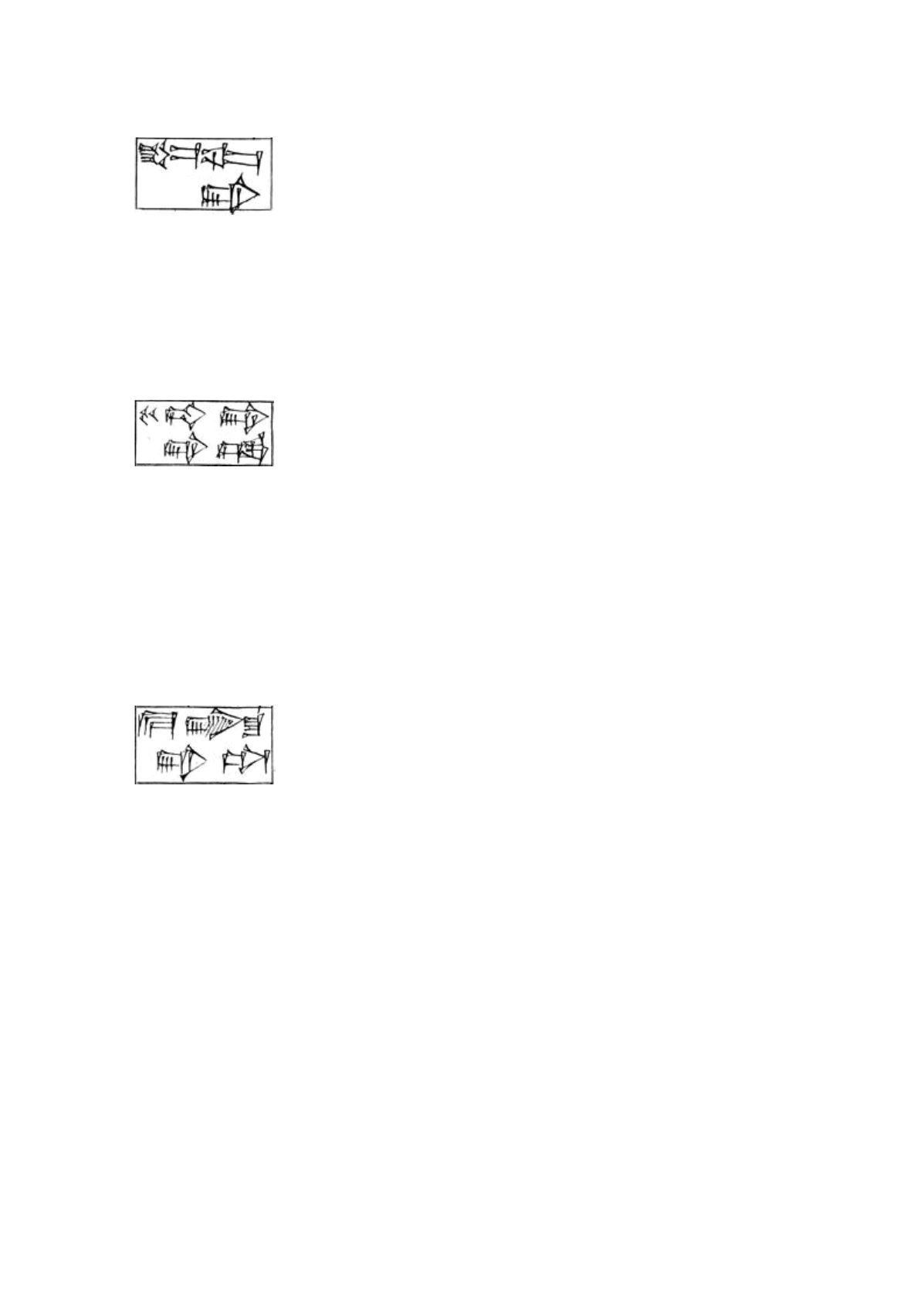

294
Gudea di Lagash – La costruzione del tempio di Ninjirsu - Cilindro A
A XXVIII.10 – 766
ne.saj.bi ne.saj.biLa sua offerta dei primi frutti
ne.saj : SL rimanda a nisaj
(2)
, nesaj
(2)
: “first fruits (offering); spring time (month); dough; wine cellar ?;
foremost; governor (ní, 'self; vigor', + saj, 'first')” (SL); PLS.109 riporta invece ne.šag, nišaj “libation,
offrande de premiers fruits”; “first-fruit offering” (PSD2.185); accadico
nisakku
,
nisannu
“offering (of
first fruits)”
A XXVIII.11 – 767
kur ještin
bi.bi.ze2
kur ještin
bi.bi.ze2
(è) una montagna che stilla vino;
“ein Berg, der Wein träufeln lässt” (GSG1.33, classificato sotto l’intestazione ‘Nicht sicher deutbare
Schreibungen’)
ještin : vedi A XXV.15
bi.bi.ze2
: “to drip (reduplicated biz, 'to pour')” (SL); “to trickle, drip” (PSD2.35); “träufeln lässt”
(GSG2.84); “gocciolare, stillare”. Dovrebbe trattarsi di una forma participiale, ove la reduplicazione
della radice sta a indicare un’azione o uno stato duraturo (GSG2.67). Per il segno ze2, vedi LEC.306,
MEA.147
A XXVIII.12 – 768
e
2
.lunga
3
.bi.ta[e
2
.lunga
3
.ak]
.bi.taDalla sua fabbrica della birra:
e
2
.lunga
(2,3)
: “beerhall; brewery ('house' + 'brewer')” (SL); “brasserie” (PLS.44); “aus seinem Brauhaus”
(GSG1.93: e
2
.bappira(.ak)
.bi.ta); “Casa della birra” (PRCT.49, che legge e
2
.bappira); lunga
3
può leggersi
anche BAPPIR, accadico
pappiru
“malt, pain à bière” (MEA.225; cfr. anche MEA.215 la cui lettura può
essere bappir
2
: MEA p.250); LEC.407, che rimanda a MEA.224, riporta solo lunga
2
; SL sotto e
2
.BAPPIR
rimanda a e
2
.lunga
3
; PSD2.59 riporta e
2
.lunga [E
2
.ŠIM] e e
2
.lunga
3
[E
2
.ŠIMxGAR] “brewery”; inoltre in
PSD2.31 compare un bappir [ŠIMxGAR], bappir
2
[ŠIM] e bappir
3
[BIxGAR] “beer bread”,
corrispondente all’accadico
bappiru
.
.ta : marker dell’ablativo; Falkenstein lo intende in senso locativo “in seinem Brauhaus” (GSG2.149)
















